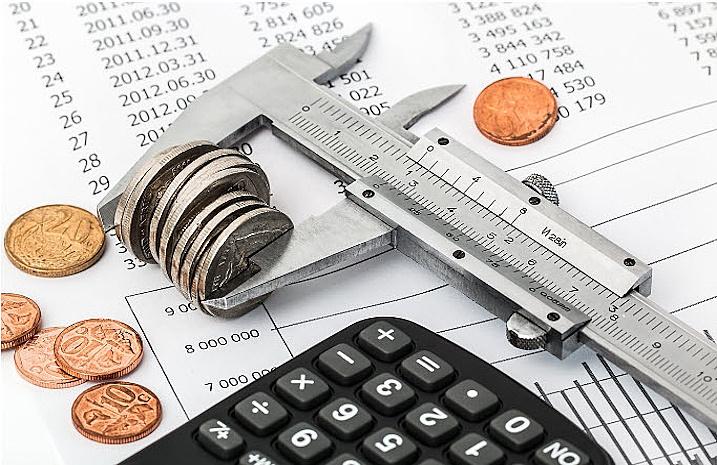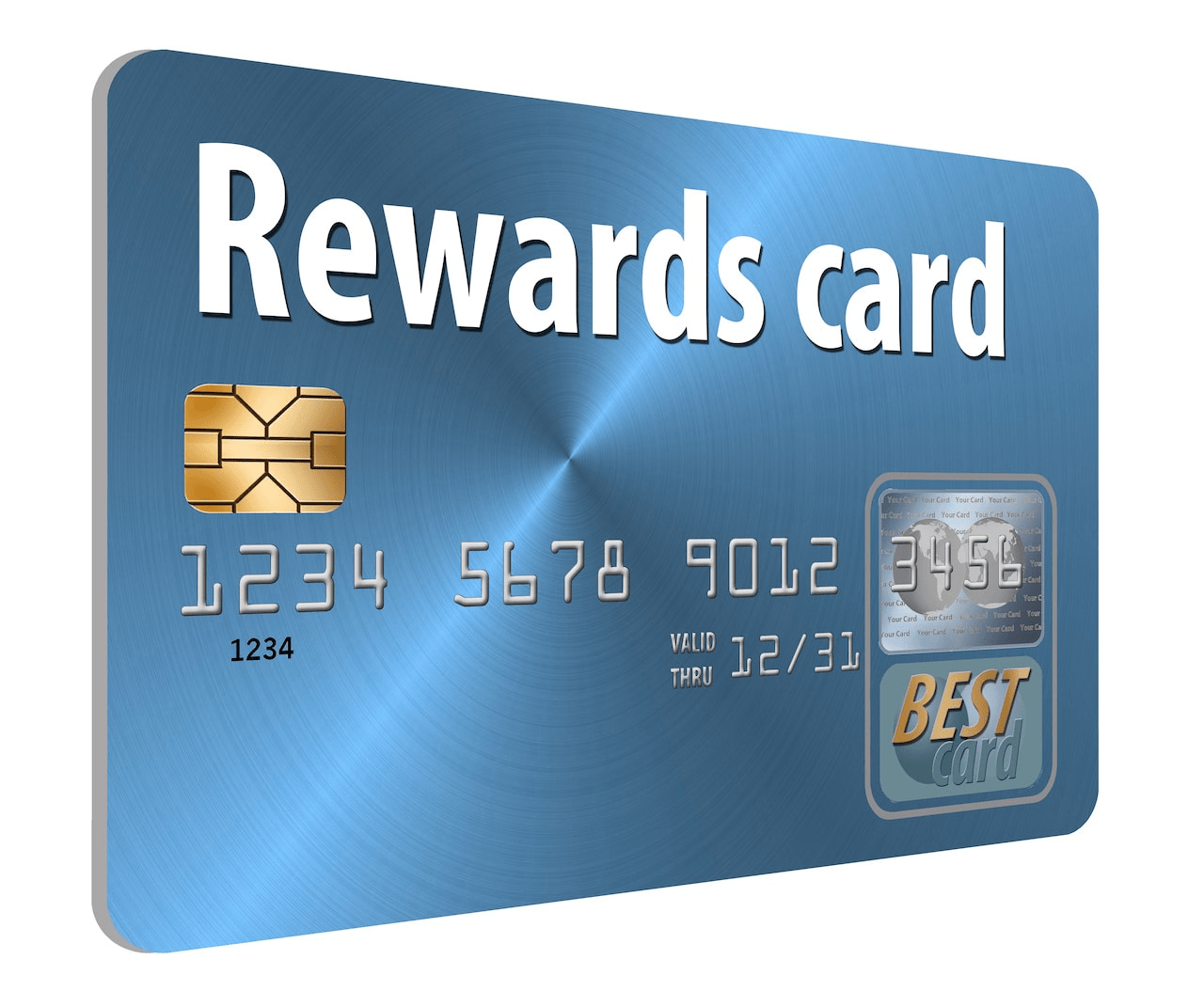11 Must-Know Tips for Choosing Your First Credit Card!

The importance of choosing the right credit card
Choosing the right credit card is a crucial step towards achieving financial freedom. With so many options available in the market, it’s essential to make an informed decision that aligns with your financial goals. A credit card can be a powerful tool that can either help you build a strong credit history or lead you into a spiral of debt if not managed responsibly. Therefore, taking the time to understand the various factors involved in choosing a credit card is of utmost importance. Earn $150 a day to diet!
Assessing your financial situation
Before diving into the world of credit cards, it’s essential to assess your financial situation. Take a close look at your income, expenses, and savings to determine how a credit card fits into your overall financial plan. Consider your monthly cash flow and whether you will be able to pay off the credit card balance in full each month. If not, evaluate how much you can comfortably afford to pay towards credit card bills without jeopardizing your other financial obligations.
Understanding credit card terms and conditions
Credit card terms and conditions can be complex and overwhelming, but understanding them is crucial to make an informed decision. Take the time to read the fine print and familiarize yourself with the key terms such as annual percentage rate (APR), grace period, minimum payment, and penalty fees. Pay close attention to the terms related to late payments, balance transfers, and cash advances, as they can significantly impact your overall credit card experience. Being aware of these terms will help you choose a credit card that aligns with your financial needs and goals.
Evaluating interest rates and fees
Interest rates and fees are important factors to consider when choosing a credit card. The interest rate, or APR, determines the cost of borrowing on your credit card balance. Look for credit cards with low APRs to minimize the amount of interest you will have to pay. Additionally, be mindful of any annual fees, late payment fees, and balance transfer fees associated with the credit card. These fees can add up quickly and impact your overall financial well-being. Carefully evaluate the interest rates and fees associated with different credit card options to make an informed decision.
Rewards and benefits offered by credit cards

Credit cards often come with rewards and benefits that can enhance your financial well-being. Some credit cards offer cashback on purchases, while others provide travel rewards or discounts on specific categories such as dining or groceries. Consider your spending habits and the reward categories that align with your needs.
If you frequently travel, a credit card that offers travel rewards and perks may be beneficial. On the other hand, if you dine out often, a credit card that provides cashback on restaurant purchases may be more suitable. Compare the rewards and benefits offered by different credit cards to find the one that maximizes your financial gains.
Credit card limits and credit utilization
Credit card limits and credit utilization play a significant role in your overall financial health. The credit limit is the maximum amount you can borrow on your credit card. It’s important to choose a credit card with a limit that aligns with your financial needs and spending habits. Opting for a high credit limit may tempt you to overspend, while a low credit limit may restrict your purchasing power. Additionally, keep in mind that credit utilization, which is the percentage of your available credit that you use, affects your credit score. Aim to keep your credit utilization below 30% to maintain a healthy credit score. Article Writers – $250 a day
Considering your spending habits and rewards categories
When choosing a credit card, it’s essential to consider your spending habits and the rewards categories offered by the card. If you spend a significant amount on groceries, a credit card that offers cashback or rewards for grocery purchases may be beneficial.
Similarly, if you frequently shop online, a credit card that provides discounts or rewards for online purchases may be more suitable. Understanding your spending patterns and aligning them with the rewards categories offered by different credit cards will help you maximize the benefits and rewards you receive.
The impact of credit cards on your credit score
Credit cards have a significant impact on your credit score, which is a crucial aspect of your financial health. Your credit score is a numerical representation of your creditworthiness and plays a crucial role in obtaining future credit and favorable interest rates. Timely payment of credit card bills and keeping your credit utilization low can positively impact your credit score. On the other hand, late payments and high credit card balances can negatively affect your credit score. Choose a credit card that allows you to build a positive credit history by making timely payments and practicing responsible credit card usage.
Researching and comparing credit card options
Researching and comparing credit card options is key to finding the right credit card for your needs. Start by researching different credit card providers and the types of cards they offer. Look for credit cards that offer low interest rates, attractive rewards, and favorable terms and conditions. Compare the features and benefits of different credit cards side by side to determine which one aligns best with your financial goals. Additionally, read reviews and opinions from other credit card users to get a better understanding of the pros and cons of each card. Taking the time to research and compare credit card options will help you make an informed decision.
Applying for your first credit card

Once you have done your research and identified the credit card that suits your needs, it’s time to apply. Start by gathering all the required documents such as proof of income, identification, and address verification. Fill out the credit card application form accurately and completely. Be honest about your financial situation and provide all the necessary information requested. Submit the application and wait for the credit card provider to review and process it. If approved, you will receive your first credit card, marking an important milestone in your journey toward financial freedom.
Tips for responsible credit card usage
Responsible credit card usage is essential to maintain a healthy financial life. Here are some tips to help you make the most of your credit card while avoiding potential pitfalls:
- Pay your credit card bill on time: Late payments can lead to hefty penalty fees and negatively impact your credit score. Set up automatic payments or reminders to ensure you never miss a payment.
- Keep your credit utilization low: Aim to keep your credit utilization below 30% to maintain a healthy credit score. Avoid maxing out your credit card as it can be a red flag to lenders.
- Avoid unnecessary debt: Only use your credit card for purchases you can afford to pay off in full each month. Avoid carrying a balance and incurring interest charges whenever possible.
- Review your credit card statements: Regularly review your credit card statements to detect any fraudulent or unauthorized charges. Report any suspicious activity to your credit card provider immediately.
- Monitor your credit score: Keep a close eye on your credit score to track your progress and identify any areas for improvement. Many credit card providers offer free credit score monitoring as a perk.
By following these tips, you can make the most of your credit card while maintaining a healthy financial life. How to make $1,000 per day on complete auto-pilot 24/7
Conclusion
Choosing your first credit card is an important step toward achieving financial freedom. By assessing your financial situation, understanding credit card terms and conditions, evaluating interest rates and fees, and considering rewards and benefits, you can make an informed decision. Remember to also pay attention to credit card limits, credit utilization, and the impact of credit cards on your credit score. Researching and comparing credit card options, applying for your first credit card, and practicing responsible credit card usage will set you on the path to financial success.
With careful consideration and responsible usage, your first credit card can be a valuable tool in building a strong financial foundation.
FAQs
Q: Should I choose a credit card with an annual fee?
A: The decision to choose a credit card with an annual fee depends on the rewards and benefits offered by the card. If the rewards outweigh the annual fee, it may be worth considering. However, if you do not anticipate utilizing the rewards and benefits, it may be more beneficial to opt for a no-annual-fee credit card.
Q: How long does it take to build a good credit score with a credit card?
A: Building a good credit score takes time and consistent responsible credit card usage. It typically takes several months to a year or more to establish a positive credit history and see improvements in your credit score.
Q: Can I apply for multiple credit cards at once?
A: While it is possible to apply for multiple credit cards at once, it is generally not recommended. Applying for multiple credit cards simultaneously can have a negative impact on your credit score and may be seen as a red flag by lenders.
Q: What should I do if my credit card application is denied?
A: If your credit card application is denied, it’s important to review the reasons for the denial. Address any outstanding issues such as high credit card balances or late payments, and consider applying for a secured credit card or a credit card specifically designed for individuals with limited or no credit history.
National Stats
According to recent statistics, credit card usage is on the rise across the nation. The average American carries approximately three credit cards, and credit card debt has reached record levels. Individuals must make informed decisions when choosing their first credit card to avoid falling into the trap of excessive debt. By understanding the factors involved in selecting a credit card and practicing responsible credit card usage, individuals can pave the way to financial freedom and a healthier financial future.
